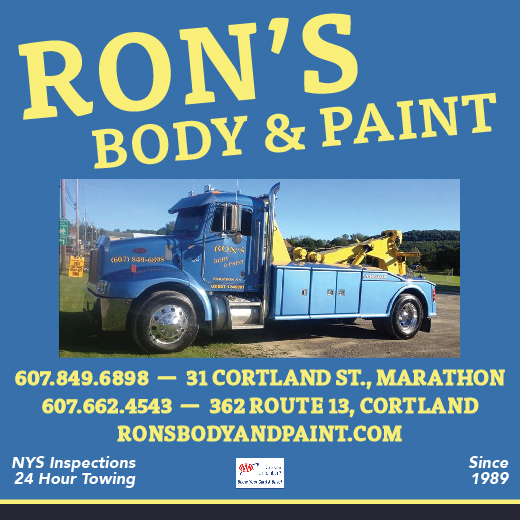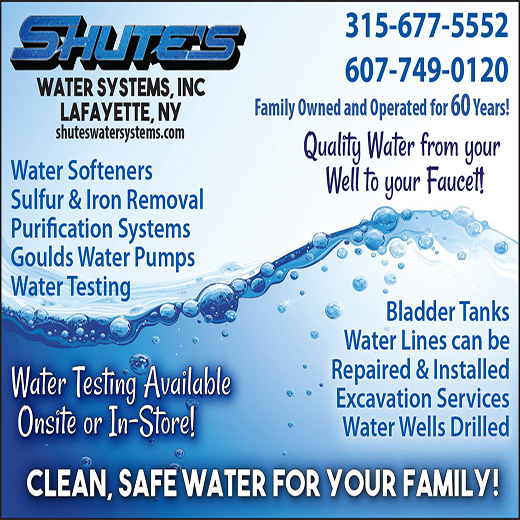Summer Car Problem?…Don’t Sweat it!
Posted by Dustin Horton // August 4, 2014 // Allstate, Articles
Allstate Offers Tips to Help Your Car Beat the Summer Heat
Summer’s scorching heat, high humidity, heavy rain, dust, and stop-and-go traffic take a toll on a vehicle. New Yorkers can help reduce the odds of mechanical failure by taking a few simple preventative measures to keep rollin’ on down the highway – not stranded beside it.
Air Conditioning
- Before your air conditioning quits cooling, inspect the system for a worn or damaged belt.
- Inspect the condenser fins to be sure they are clear of debris so air can move freely around them.
- Have a professional check your refrigerant level. Click here to know how long does ac refrigerant last.
- Check your owner’s manual for info on replacing cabin air filters (if you have them).
Cooling System: The greatest cause of summer breakdowns is overheating. Overheating can be serious and may result in permanent engine damage.
- Check the radiator and hoses for leaks or cracks and be sure all the connections are snug.
- Check the coolant level. If low, add coolant (antifreeze) as necessary. A word of caution – To avoid burns from coolant spray, never remove the radiator or coolant reservoir cap until the engine has cooled completely!
- Check your vehicle’s radiator cap for cracks at the start of the summer driving season: The rubber gasket can crack, deform, become damaged or simply hardened. Such rubber parts can easily be replaced when you contact renowned companies such as industrial rubber supplies at the California Industrial Rubber Co.
- Check the cap’s metal spring for weakness that may occur over time (most experts advise replacing a radiator cap that is more than five years old).
- When driving, monitor the temperature gauge on your dashboard. If you notice it rising beyond “normal” toward the red zone or the engine temperature warning light is on, take immediate action: Turn off A/C, turn on heat to pull hot air from the cooling system and, when safe, pull over to allow engine to cool down.
Engine Performance
- Don’t forget to check the gas cap. The gas cap is a critical component of your vehicle’s emission control system, and if it isn’t airtight it may trigger “check engine” or “emissions service” lights on your dashboard.
- Check gasket around gas cap every time you fill up for cracks or damage, and replace the cap if damaged.
Belts and Hoses: Summer’s heat and humidity will worsen the condition of deteriorating belts and hoses. Hose or belt failure could result in a breakdown.
- Visually inspect belts and hoses for excessive wear or damage including cracks, fraying, leakage or swelling.
- Check hose clamps and retighten as necessary.
Tires
- If you used winter tires, now is the time to change over to your summer tires.
- Have your tires rotated at approximately 5,000 mile intervals or as recommended in your owner’s manual.
- Summer heat will cause the air in your tires expand, so check tire pressure at least monthly while the tires are cold and adjust the pressure. Don’t forget to check the spare too!
Brakes: Hot weather can increase the temperature of your braking system, causing brake pads to wear more quickly.
- If the pads wear through, brake rotors may be severely damaged. The parts and labor cost to replace worn pads is much less expensive than brake rotors.
Visit Allstate Be Aware and Prepare and the Insurance Institute for Business & Home Safety for more, helpful information.
For More information and a new quote please call Shirley Eizember, Pinckney Insurance Agency, 41 Port Watson St, Cortland New York. 607-756-8505
The Allstate Corporation (NYSE: ALL) is the nation’s largest publicly held personal lines insurer known for its “You’re In Good Hands With Allstate®” slogan. Now celebrating its 80th anniversary as an insurer, Allstate is reinventing protection and retirement to help nearly 16 million households insure what they have today and better prepare for tomorrow. Consumers access Allstate insurance products (auto, home, life and retirement) and services through Allstate agencies, independent agencies, and Allstate exclusive financial representatives in the U.S. and Canada, as well as via www.allstate.com and 1-800 Allstate®.
[mappress mapid=”32″]













